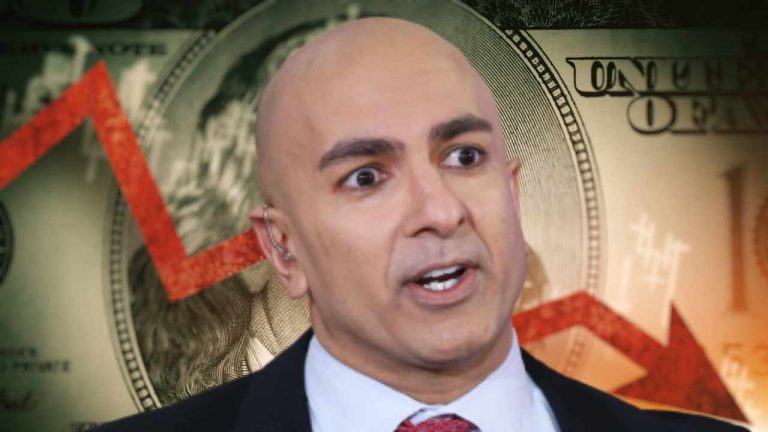FinanceFeeds -
ASIC has proposed amendments to the prohibition on order incentives in the ASIC market integrity rules after having identified that its rules do not deal with certain payment-for-order-flow scenarios such as arrangements between non-market participant intermediaries.
Australia’s financial watchdog wants to close this regulatory gap, although it admits payment for order flow is not prevalent in the Australian equity market.
With the rise of payment for order flow (PFOF) in other markets, especially in the United States, and their controversial impact, regulators across the globe have been taking a closer look at it.
PFOF is an arrangement whereby one person buys client order flow from another person, in exchange for a payment or other incentive. It is currently prohibited among market participants.
According to Australia’s regulatory framework, a market participant must not, directly or indirectly, make a cash payment to another person for their order flow, if the cash payment leads to the net cost being less than the value of the reported price for the transaction(s).
‘Net cost’ means that a market participant cannot pay more for order flow than the commission received by the market participant for those orders – that is, it prohibits PFOF if it results in a ‘negative commission’”, ASIC explained.
“Payment-for-order-flow arrangements create conflicts of interest that can lead to poor client outcomes. It can also negatively impact market liquidity and pricing. In our view, these harms outweigh the benefits.”
This has led ASIC to consider the application of the existing prohibition on payment for order flow in the context of recent developments in Australia and abroad. A
The regulator’s proposal aims to amend the current prohibition with a proactive measure intended to avoid the emergence of payment for order flow arrangements in Australia. The consultation period will end on 3 November 2021.
PFOF has come under great scrutiny after the short squeeze in the Gamestop share triggered by the army of small traders gathered in the WallStreetBets subreddit. On the other side of the trade were mostly short order from Melvin Capital.
Robinhood was forced to restrict trades, claiming it could not deal with the t+2 settlement cycle under so much market volatility. The neobroker has a PFOF agreement with Citadel Securities, which in turn kept Melvin Capital liquid with a $2 billion injection during the short squeeze.
The Robinhood – Citadel – Melvin Capital triangle triggered the rise of conspiracy theories among small investors on social media platforms.
The post Australia wants to ban PFOF as practice comes under greater scrutiny appeared first on FinanceFeeds.



